Unity introduces a move that would cost developers per install!
The company wrote on its website that if a developer reached specific revenue and installation figures, they would have to pay Unity up to 20 cents for each install. This plan will go into effect on January 1. Unity Personal and Plus users must pay if their annual revenue is $200,000 and they reach 200,000-lifetime installations. At the same time, Unity Pro and Enterprise accounts would be involved at 1 million for each statistic. The Personal level would come with a 20-cent/installation fee. At the same time, the Enterprise category would have a fee of 1 cent/installation over 2 million installations, which would have been lower in the emerging countries (Personal: 2 cents, Enterprise: 0.5 cents). And the Unity move would be retroactive, so all games already released would have been affected (at least non-gaming apps wouldn’t have been)!
Unity has explained this decision by saying that every download comes with the Unity Runtime installed, and a basic installation-based fee would allow developers to keep the revenue from player engagement, which would not be possible in a revenue-sharing solution (e.g., Steam, Epic Games Store). According to the company, billions of runtime installs happen each month. The Unity Plus subscription scheme will be phased out, and current subscribers can switch to Pro for one year for the Plus fee.
We could quote many indie developer reactions here, but we’ll highlight one. Tom Francis, the former designer and programmer of Heat Signature, calls it “an astonishing scumbag move” that Unity would introduce this award retroactively: “A partner who can and will change how much of your revenue you owe them *after* you’ve made and released your game needs to be avoided like the plague. I hadn’t realized they even legally could. Epic’s Unreal license is perpetual per-version, so whatever the deal is when you commit, you’re guaranteed that forever if you’re happy to stick with that version. [Epic’s] 5% is more than Unity’s new fees in most scenarios, but compared to a company that can help themselves to any amount of your money at any time, suddenly sounding more reasonable.”
Necrosoft Games director Brandon Sheffield cited the example of Vampire Survivors. For five dollars, it has become one of the most successful games on Steam. He wrote a blog post entitled “The Death of Unity”: “Vampire Survivor’s edge was their price, now doing something like that is completely unfeasible. Imagine releasing a game for 99 cents under the personal [Unity] plan, where Steam takes 30% off the top for their platform fee, and then Unity takes 20 cents per install, and now you’re making a maximum of 46 cents on the dollar. As a developer who starts a game under a personal plan, because you’re not sure how well it’ll do, you’re punished, astoundingly so, for being a breakout success. Also, sales will now be more costly for developers since Unity is not asking for a percentage but a set fee. If I reduce the price of my game, the price Unity asks for doesn’t decrease.”
What if a Unity game makes it onto Xbox Game Pass? Stephen Totilo, writing for Axios, was told by Unity that bundles for charity are not affected, but how can you tell where a game comes from? Also, if someone deletes a game and then puts it back up again, that counts as two installs, but Unity has backed down on this. If a developer earns $200,000 before the Game Pass debut, and then there are 15 million downloads, they pay 20 cents multiplied by 15 million, so they should pay $3 million…!?
Unity first responded on Twitter: “The developers who will be impacted are generally those who have successful games and are generating revenue way above the thresholds we outlined in our blog. This means that developers who are still building their business and growing the audience of their games will not pay a fee. The program was designed specifically this way to ensure developers could find success before the install fee takes effect. We already have fraud detection practices in our Ads technology, which is solving a similar problem, so that we will leverage that know-how as a starting point. We recognize that users will have concerns about this, and we will make available a process for them to submit their concerns to our fraud compliance team.”
Unity then told Axios that it changed the multiple installs = multiple charges rule because developers had heavily criticized it and that uninstalling after uninstalling doesn’t count as one. But installing the game on various devices (e.g., PC, Steam Deck) still means a multiple install fee. If someone installs a game multiple times on a virtual PC, they pick the developer’s pocket. Despite this, many people have decided to say goodbye to Unity. One is Flippfly, who created Whisker Squadron. They are leaving the engine after 11 years…
Source: Gamesindustry, PCGamer


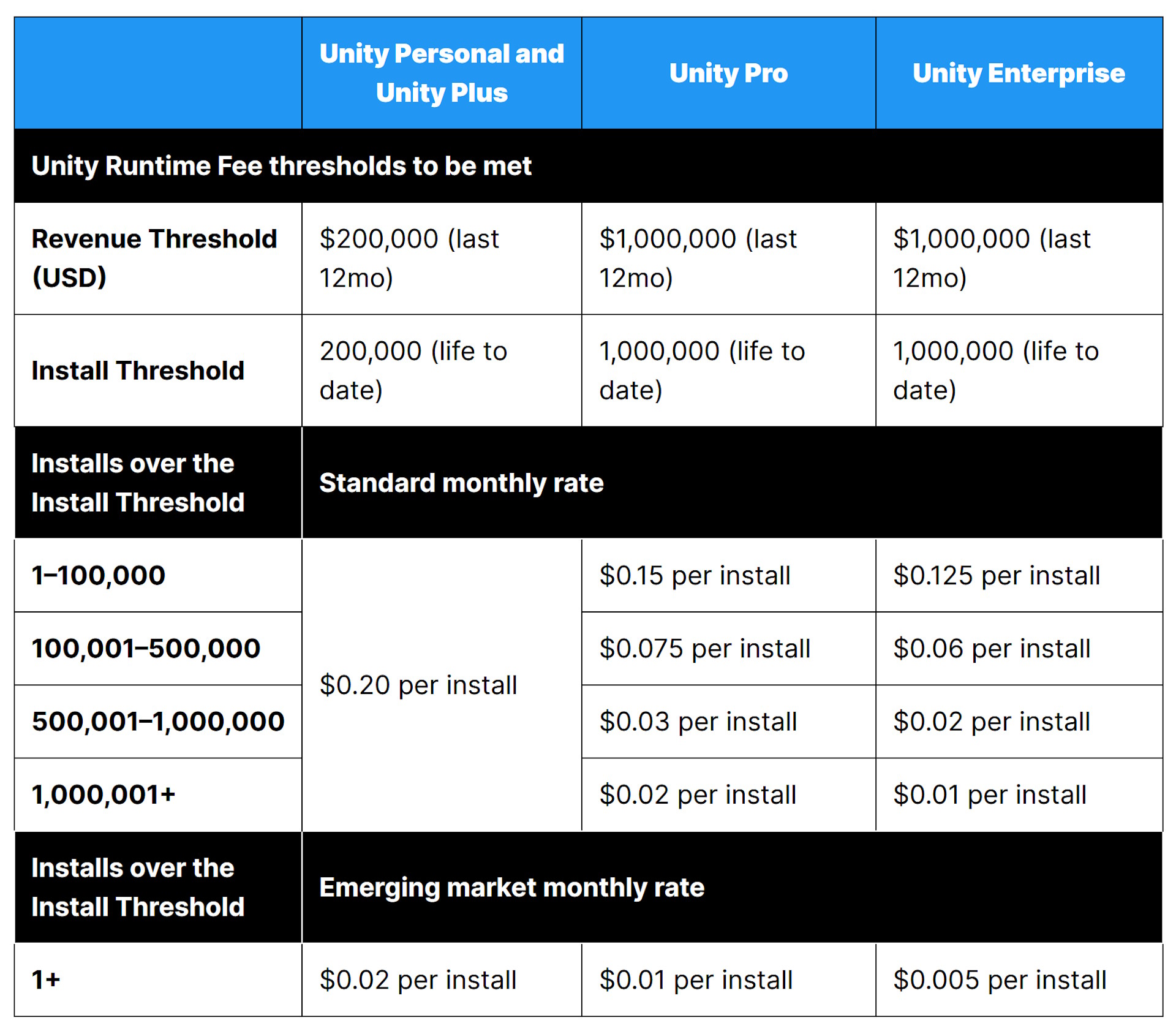
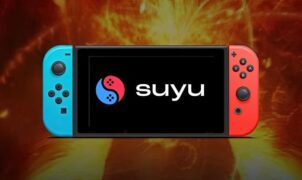
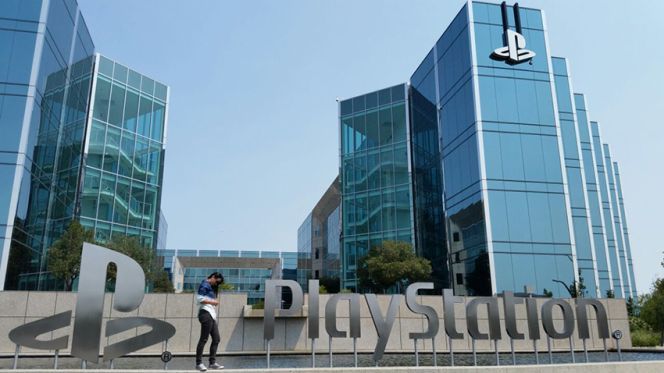
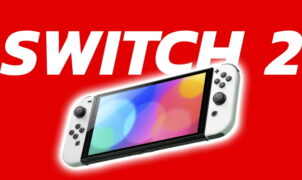








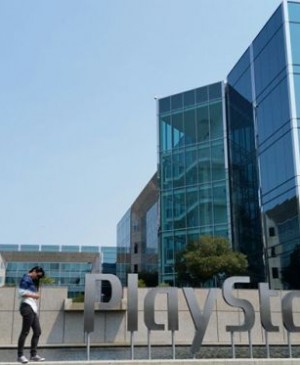
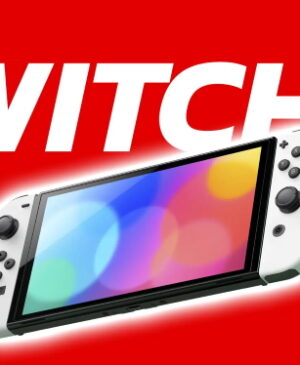

Leave a Reply